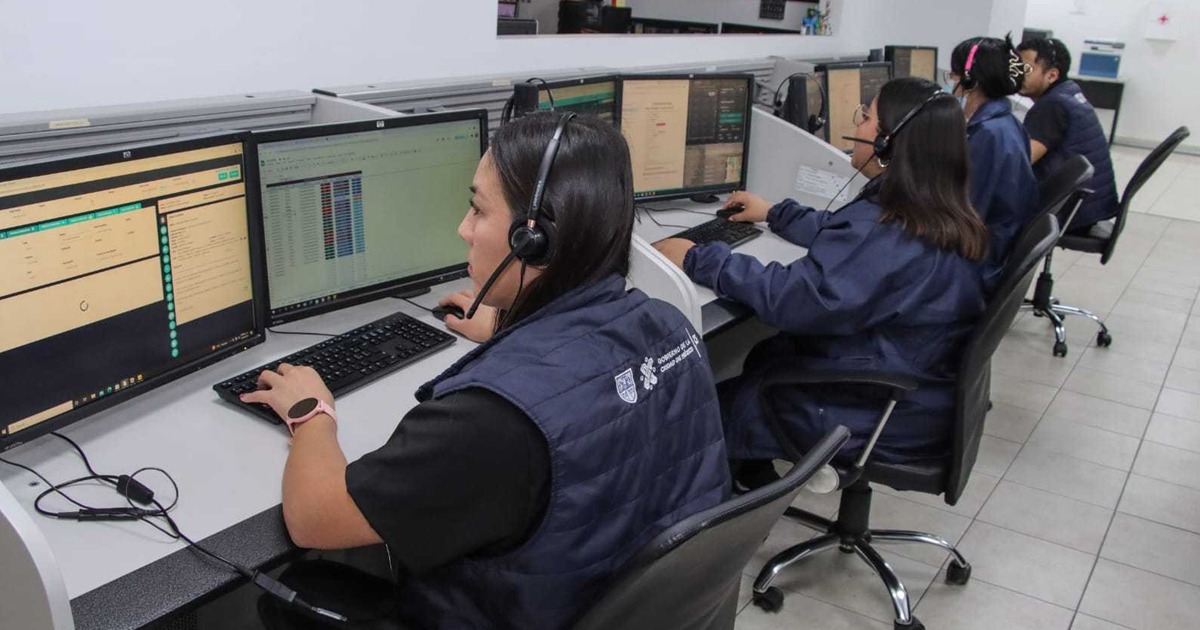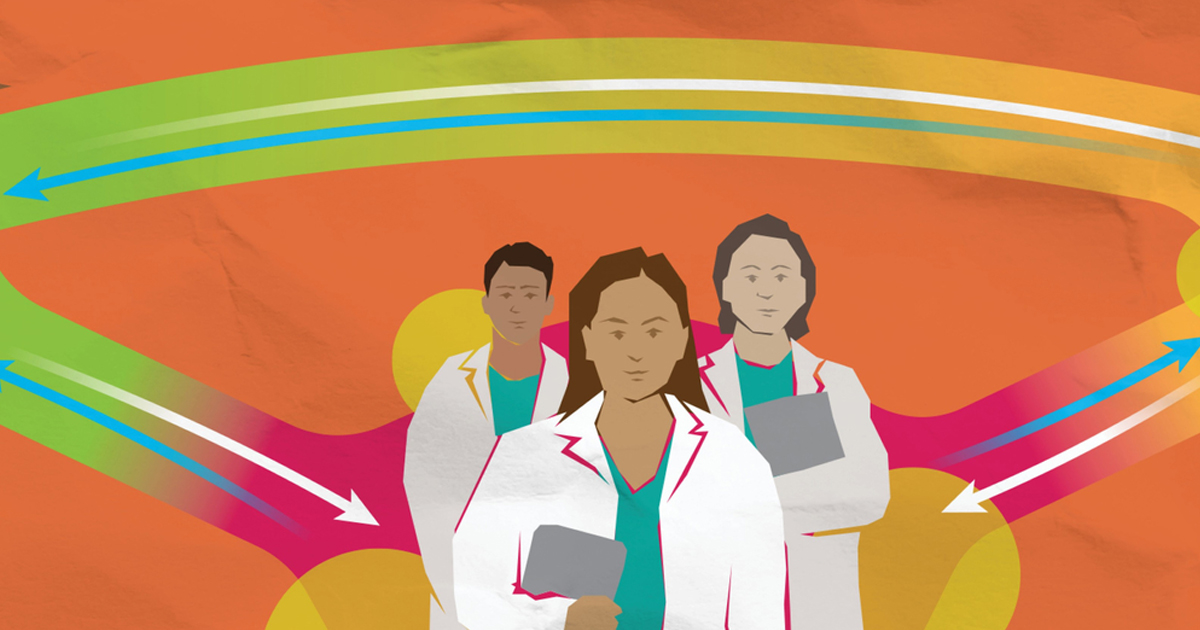Estudio publicado en Nature, muestra que el trastorno del espectro autista, puede ser diagnosticado incluso desde los primero 18 meses de vida de un paciente pediátrico, gracias a la aplicación de Artificial Intelligence (AI).
Investigadores estadounidenses publicaron el estudio “Evaluación de un dispositivo médico basado en inteligencia artificial para el diagnóstico del trastorno del espectro autista”, el cual probó la precisión de un software basado en AI (software as Medical Devices- SaMD), para apoyar a profesionales de salud en establecimientos de atención primaria en el diagnóstico de Trastorno del espectro autista (TEA).
Este dispositivo basado en AI, combina características de comportamiento de tres entradas distintas en un algorithm of machine learning, un cuestionario para el cuidador, el análisis de dos videos caseros cortos y un cuestionario de atención primaria. “Este estudio comparó los resultados del dispositivo con el acuerdo de diagnóstico de dos o más especialistas independientes en una cohorte de niños de 18 a 72 meses con problemas de retraso en el desarrollo (425 que completaron el estudio, 36% mujeres, 29% prevalencia de TEA)”, explican los autores.
El TEA es uno de los trastornos del desarrollo más comunes, por ello es necesario obtener un diagnóstico temprano importancia para obtener mejores resultados en el desarrollo neurológico a largo plazo. Un diagnóstico temprano de TEA, mejora las habilidades sociales y de comunicación de los pacientes.

En Estados Unidos, el 27% de los niños con TEA llegan a los 8 años sin ser diagnosticados, además el diagnóstico es más difícil de obtener en áreas rurales, grupos socioeconómicos de bajos ingresos, personas no blancas y mujeres.
The study published in Nature, evalúa un SaMD de apoyo para el diagnóstico de TEA en niños de 18 a 72 meses. El SaMD consta de una aplicación móvil orientada al cuidador, un portal de análisis de video, un portal para proveedores de atención médica, el algorithm of machine learning que impulsa los resultados del Dispositivo y varios servicios e infraestructura de soporte y software de respaldo. Asimismo, incluye cifrado de privacidad y seguridad e infraestructura para el cumplimiento con HIPAA y otras mejores prácticas.
Las interfaces están diseñadas para trabajar centradas en el usuario, y con facilidades en la navegación. Los dispositivos incluyen dos versiones de cuestionarios de acuerdo a la edad de 18 a 47 meses y de 48 a 71 meses. Ambas versiones se adaptar para reflejar características relevantes en el desarrollo del infante. Los dos grupos de edad obtienen 64 preguntas más otro grupo de preguntas adicionales depende del grupo de edad.
“El contenido del cuestionario proviene de experimentos de clasificación de características realizados previamente para identificar características conductuales, de funcionamiento ejecutivo y de lenguaje y comunicación que predicen al máximo un diagnóstico de TEA”, explica el estudio.
La plataforma funciona en sistemas iOS y Android, en teléfonos o tabletas, asimismo, en sistemas operativos Mac y Windows.
Conoce más sobre este SaMD en el siguiente enlace: https://www.nature.com/articles/s41746-022-00598-6







